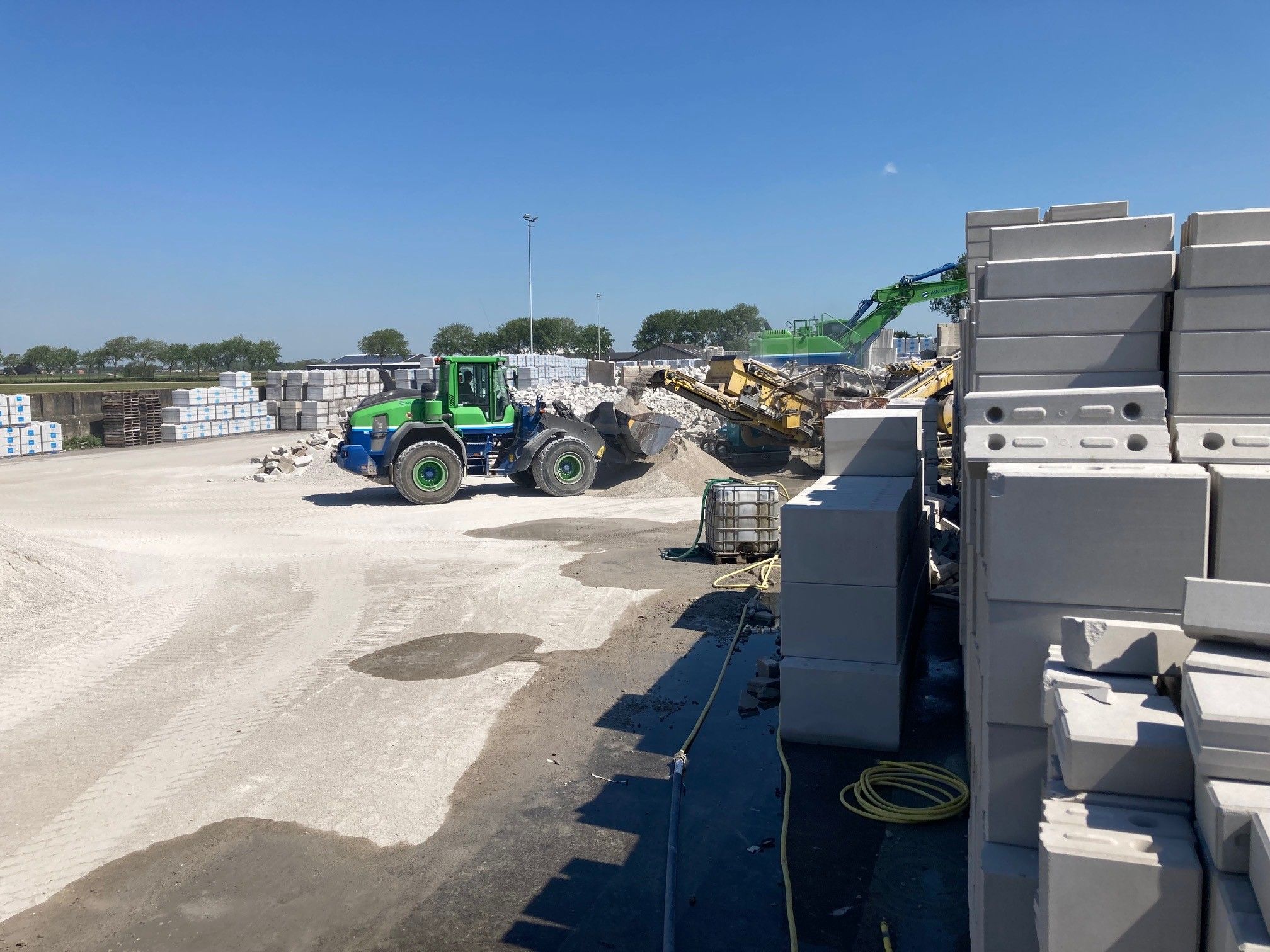From Waste to Resource: the New Circularity Process
Did you know that all Xella products are designed with sustainability in mind? After showcasing examples of circularity with AAC in Germany and Belgium, we now turn to our Silka brand of Calcium Silicate Units (CSU). Driven by Xella’s ambitious sustainability targets, the Silka plant in Hillegom has developed a fully operational system for reusing production leftovers, turning them into valuable resources. Since May 2024, this system has transformed previously unused residues, such as defective products, into valuable resources.
"Granite is a major component in our CSU products and replacing it with granulates made from our own leftovers has both ecological and economic benefits," explains Paul de Weers, Plant Manager in Hillegom. To date, 3,500 tonnes of crushed leftovers have been reintegrated into new CSU production. This represents a significant step toward achieving Xella's target of a closed circular economy.
A Streamlined and Sustainable Process
The process is as efficient as it is innovative. Leftovers are sent to an external crusher near the plant, where they are transformed into 12mm granulates. These granulates replace up to 15% of granite in the production recipe. Transport emissions are also minimized thanks to the plant’s proximity to a canal, enabling eco-friendly deliveries by boat. This milestone demonstrates that circularity is achievable not only with AAC under the Ytong brand but also with Silka CSU, underscoring the versatility of sustainable solutions within Xella's portfolio. As de Weers highlights, "Every single ton of leftover material still stored on-site will eventually find its way back into production."
The plant’s commitment to sustainability doesn’t end here. This year’s focus will include enhancing safety measures and optimizing autoclaves for a more efficient and energy friendly way of operation. Hillegom’s achievements in circularity reflect Xella’s ongoing commitment to reducing waste, conserving resources, and leading the way in sustainable construction.
